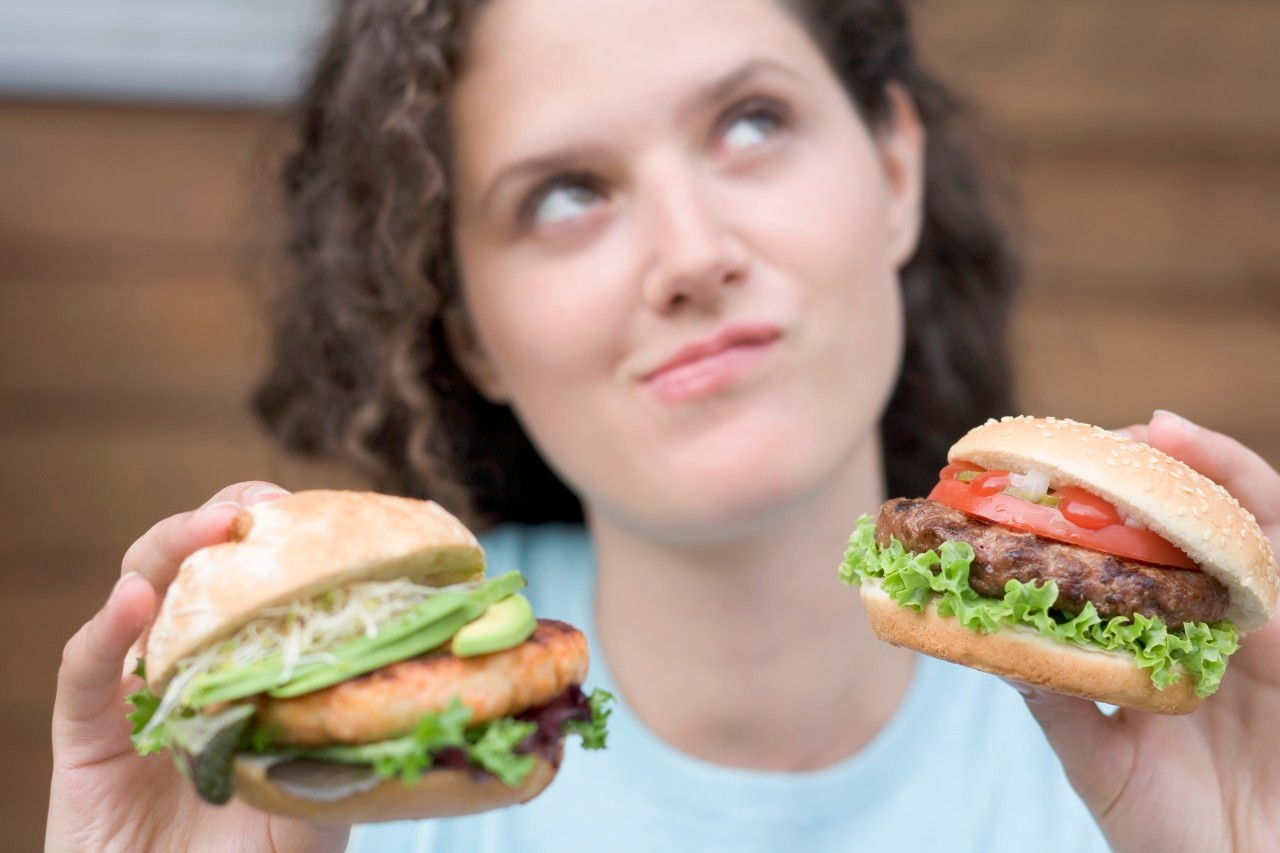Boost Your Self-Control

Tips to help you reign in self temptation.
Late at night, Christian Jarrett is vulnerable to the allure of a glowing iPad, although he knows that answering a late email would throw him off his sleep regimen. As editor of the British Psychological Society’s Research Digest blog and author of “Great Myths of the Brain,” he’s up on the latest research about self-control. Still, he modestly admits that he struggles with his own weaknesses: “I find it very difficult to implement the strategies myself,” he says. He now keeps digital devices out of his bedroom. “This sounds like an easy policy,” he says, “but it requires admitting weakness.”
Some people seem to have tons of self-control — they stick to diets and budgets and manage their temper. Their real secret may be humility and self-awareness. “People who seem to have iron willpower tend not to expose themselves to as many temptations in the first place,” Jarrett says, pointing to this research.
A number of other tricks can help, Jarrett adds — and psychologists are keeping the insights coming.
In “The Marshmallow Test: Mastering Self-Control,” 85-year-old Walter Mischel, creator of the famed 1960s study testing which children can delay eating a marshmallow, proposes using mental images to change how you see a temptation. As you look at a bowl of marshmallows, you might imagine it enclosed in a picture frame as if it were a photograph — and not within reach. You might associate the marshmallows with clouds. In both cases, you are learning to mentally “cool” what Mischel calls the “hot” triggers in your environment.
You might also try making your temptation unpleasant. Even after he had become known for his studies of self-control, Mischel didn’t give up his cigarette habit. One day, in a medical school hallway, he saw a patient with advanced lung cancer — chest exposed, head shaved. Mischel decided to summon up a picture of the patient every time he craved a cigarette. He quit smoking for good.
Think about the deeper needs met by an unhealthy habit, suggests Charles Duhigg, a New York Times business reporter, in “The Power of Habit: Why We Do What We Do in Life and Business.” Your daily trip to the local café for a mocha and cookie might also satisfy a craving for time off and conversation. Instead, be good to yourself, without the sugar, perhaps by calling a friend on your cell while taking a walk.
If you’re actually hungry, munch some nuts on the walk. Eating small meals spaced throughout the day is standard dieting advice. Skipping meals, on the other hand, can make your blood sugar drop, along with your mental fortitude. "No glucose, no willpower," Florida State University psychologist Roy Baumeister and his co-author John Tierney from the New York Times wrote in “Willpower: Rediscovering the Greatest Human Strength.”
We’ve all heard the rule not to shop on an empty stomach. Should you find yourself in that situation, Baumeister's work implies that you might down a sweet energy drink to resist loading the cart with ice cream. Now research suggests that simply gargling the sugary drink — without swallowing — can trigger brain mechanisms connected to self-control. “Gargling probably works by fooling the body,” Baumeister says. The taste of sugar suggests that more will come. “Whether the body will soon figure this out and not be fooled is a big question, but it does seem it can work briefly,” he adds.
Children and chimps can remind us of another basic ploy — distraction. Children often cover their eyes or sing to themselves to resist treats. Georgia State University psychologist Michael Beran taught chimps that they’d get more sweets from a jar if they waited, then demonstrated that they played with toys as a way to distract themselves. When the jar was out of reach, they were less likely to play with the toys.
Plan ahead how you’ll recover after a specific setback. We often throw up our hands after a minor lapse, thinking, "I screwed up; to hell with it." To conquer that impulse, form an "if/then" plan: for example, "The next time I miss going to the gym, I will eat a big salad first at dinner." It’s best to focus on a plan for a particular lapse, rather than a long list. According to research, this strategy won’t work well: If you resolve to eat the salad “the next time I miss going to the gym or eat French fries at lunch or eat candy in the afternoon.” Keep your “if/then” mantra simple and specific.
Self-control is a muscle that you can exercise and strengthen, Baumeister argues. As in any exercise program, don’t push ahead too fast or hard. “Start by making small changes that require discipline, such as making your bed every day,” he says. You might resolve to stop swearing or to avoid exaggerations, he says. Begin where you can, and keep plugging away. As you’re building that muscle, be realistic and avoid temptation, and “it will be ‘as if’ you have super self control,” says Jarrett.
Updated:
February 24, 2020
Reviewed By:
Janet O’Dell, RN